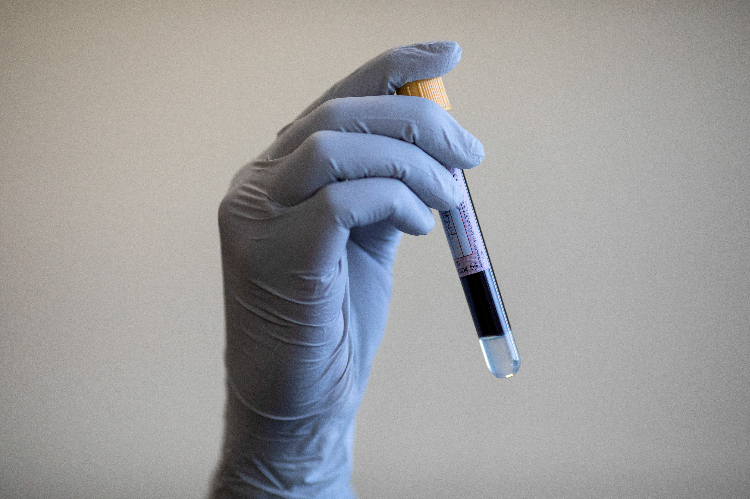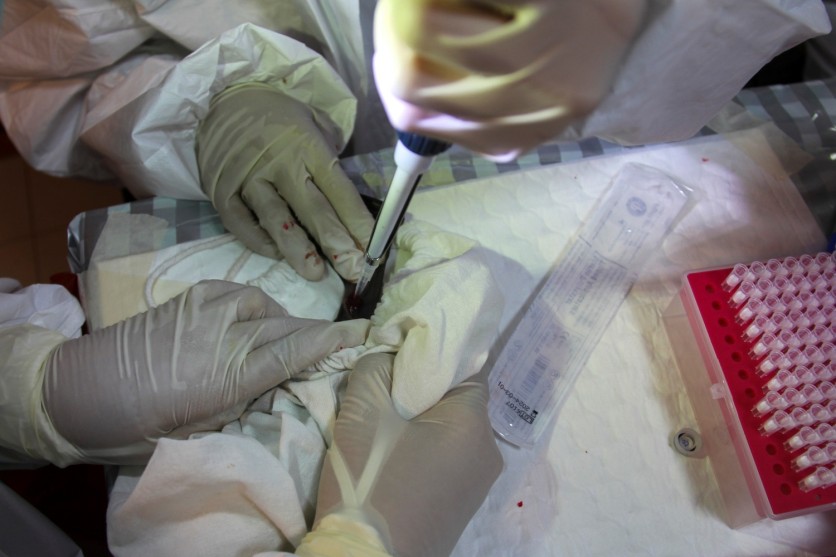Can human genes be a factor in acquiring coronavirus inside your body? The Scotland-based university wants to find out answers.
Is it possible? COVID-19-prone human genes? Here's an answer

An upcoming home DNA tests are about to happen for the next months to come, started by Scotland-based The University of Edinburgh. Over 30 million participants are needed to find out whether a human gene can be a factor in identifying if a person is prone to acquiring the virus or not.
To know this, the researchers wanted to use the known home DNA testing kits such as Ancestry DNA, FTDNA or 23andMe, to get findings on the human gene experiment, as reported via Sky News.
The researchers want to know which patients are more likely to experience severe symptoms on coronavirus, which depends on their human genes. Or whether there are no connections at all.
This study represents a huge factor in easily identifying which patients need more treatment or not--may require a large population of patients.
"Time is of the essence. To identify the genes that explain why some people get very sick from coronavirus and others don't, we need the solidarity of a large proportion of people from different countries who can share their DNA testing results with us. In this case, size really matters," said Albert Tenesa, professor of quantitative genetics at the University of Edinburgh, who is co-leading the study.
READ ALSO : Surgeon General Jerome Adams: Face Masks Will Give 'More Freedom' and Protection Against COVID-19
How will the test be done?

The said experiment has not yet started as of now. But anyone interested to try it at home can sign up on their website to volunteer for tests.
Volunteers will be needed to provide their DNA info and the completed answers for online questionnaires about their health, lifestyle, and any virus symptoms they have had or have for the last couple of weeks.
Are there any susceptible to the virus?
Not only the ones that are prone to the virus would be tested for the said experiment. The University of Edinburgh also aims to know whether there are human genes that have susceptibility when it comes to transferring and acquiring the virus from one person to another.
"We also need to find people at the opposite end of the spectrum, who are not susceptible to the disease but resistant... it's a difficult group of people to find because, of course, they haven't had symptoms so in many cases they don't know that they've had it," said Kenneth Baillie, from the University of Edinburgh, that will lead the study.
If you want to volunteer, you can do it here.

![Apple Watch Series 10 [GPS 42mm]](https://d.techtimes.com/en/full/453899/apple-watch-series-10-gps-42mm.jpg?w=184&h=103&f=9fb3c2ea2db928c663d1d2eadbcb3e52)


